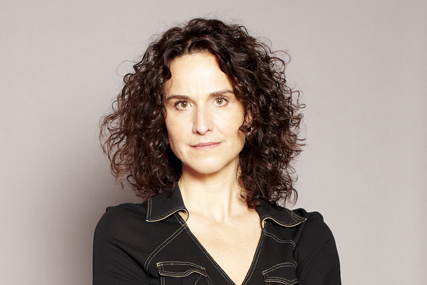This autumn, Waitrose will complete the relaunch of Duchy Originals, the organic food brand founded by the Prince of Wales 20 years ago.
It will expand the range, renamed Duchy Originals from Waitrose, to 500 lines, paying a royalty to the Prince's Charities Foundation for every product sold.
The licensing deal amounts to a rescue for a brand that has spent as many years in the red as in the black.
Its first profit took a full nine years; its latest filed accounts report an embarrassing £3.3m loss.
The Prince of Wales must have hoped for better things, and Duchy Originals really should have been a more successful brand. It had some good products, a famous founder and the cultural trend toward healthier eating all going for it.
What the brand lacked - ironically, given its provenance - was a strong voice. Duchy Originals has always been an insipid brand, with an aloof approach to communications.
The nearest it gets to anything so vulgar as a slogan is its claim that Duchy Originals 'is good, does good and tastes good'. This is hardly inspiring and not particularly original. Worse, it highlights the confusion that has seeped into the brand, with its extensions into everything from toiletries to garden tools: consumers don't expect a shampoo or a hoe to 'taste good'.
Where is the clarity of vision? Where is the impassioned founder zeal? The very qualities that make the Prince of Wales such a liability as heir to the throne would have been an asset if employed in his marketing efforts.
Here is a man who is said to have run roughshod over the commercial interests of others to ensure his own architectural tastes prevail, a Royal whose handwritten letters are the scourge of ministers, as he holds forth on the subjects closest to his heart. Why did he allow whimsy and aimlessness to run unchecked in his own back yard, on an issue about which he feels so strongly?
Duchy Originals' big idea was organic food and farming, long before it became fashionable. The Prince should have insisted that it stick to this vision come thick or thin, and become the most trenchant voice of the organic movement. When the claimed health advantages of organic food were questioned by the Food Standards Agency in a 2009 report, Duchy Originals should have sought out and exposed weaknesses in its argument, and hit back with reasons to justify the extra cost of organic.
Instead, the brand sheepishly admits that it also makes non-organic products, although it claims that these are clearly designated under the Duchy Selections label. The existence of a non-organic range in a brand that was founded on a commitment to organic methods betrays a lack of principle. How perverse of Charles to tolerate this carbuncle on the face of his brand.
Impassioned founder belief is the most potent force in marketing, the one time when you throw away the rulebook and raise a great brand in unpromising circumstances through something akin to sheer will. Unilever, Cadbury, Kellogg, Hershey's, Ford, Microsoft; all trace their lineage back to individuals with a big idea and the determination to see it through come what may, even as the world dismissed them as cranks.
The Prince of Wales has all the stubborn idealism you could ask for. Pity so little of it filtered through to the quaint, genteel world of Duchy Originals.
Helen Edwards has a PhD in marketing, an MBA from London Business School and is a partner at Passionbrand, where she works with some of the world's biggest advertisers
30 SECONDS ON ... ROYAL BRAND FAILURES
- Hartmoor Launched in 2006 as a 'global inspirational lifestyle and wellness company', Hartmoor was the brand of Sarah Ferguson, the Duchess of York. It attracted about $8m in outside investment. Hartmoor ceased operations in 2008 and the Duchess was advised to take Chapter 11 bankruptcy. Instead she took a loan and the saga continues.
- Ardent Productions The Earl of Wessex, Prince Edward, launched this film and TV production company in 1993, predicting it would be 'an industry leader by 2000'. It posted losses for every year bar one, the Earl bailed out in 2002, and Ardent ended in voluntary liquidation last year.
- Partridge Fine Art Princess Michael of Kent decided luxury brands was the way to go and became president of the 100-year-old fine-art dealership in 2007. The business went into administration in 2009.


